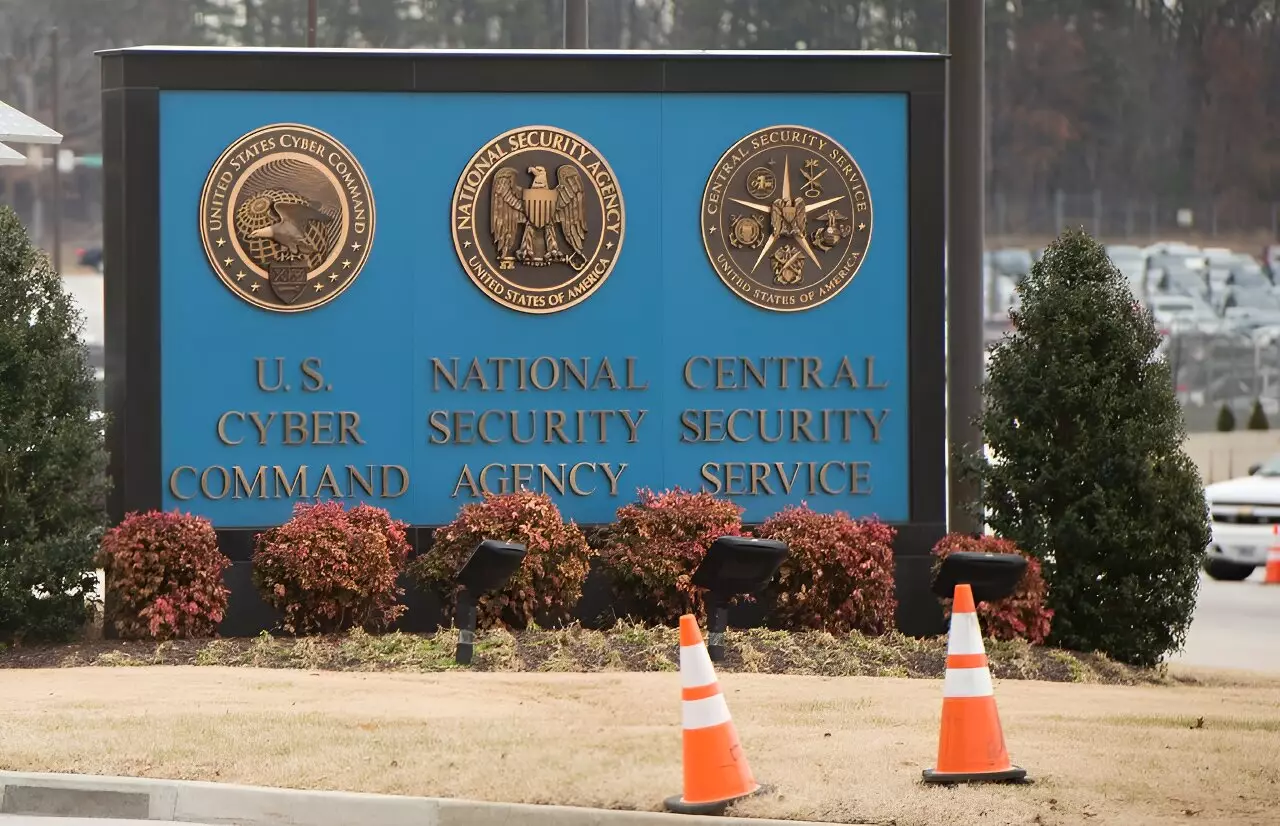The US House of Representatives recently voted to reauthorize a controversial electronic surveillance program focused on foreigners under the Foreign Intelligence Surveillance Act (FISA). The program, known as Section 702, allows US intelligence agencies to conduct warrantless electronic surveillance on individuals outside the United States. While the intent is to monitor foreign citizens, concerns have been raised about the potential to inadvertently collect data from American citizens in communication with the targeted individuals.
Criticisms of the Program
Critics of the program, including privacy-focused Republicans and progressive Democrats, have voiced strong opposition over fears of possible surveillance abuses. The reauthorization vote in the House, which passed with a bipartisan vote of 273-147, faced backlash from various quarters. Former president Donald Trump, in particular, has been vocal in his opposition to FISA, citing personal grievances and alleging misuse of the program during his presidential campaign. Trump’s calls to “kill FISA” resonated with some lawmakers, leading to a temporary blockage of the renewal.
Renewal Prospects in the Senate
Despite the House’s approval, the future of the FISA reauthorization remains uncertain as it awaits Senate approval. Renewal in the Senate is not guaranteed, raising concerns that the program could lapse if not reauthorized. The Senate’s stance on the issue will be critical in determining the fate of the controversial surveillance program.
Supporters of the FISA program argue that it is essential for national security and plays a crucial role in safeguarding the country against potential threats. With ongoing conflicts in various regions and the ever-present risk of cyberattacks, proponents of the program stress the need for effective surveillance measures. The White House has also echoed the sentiment, urging Congress to renew the program to ensure continued security in an increasingly volatile global landscape.
While concerns about privacy violations persist, defenders of the FISA program emphasize the presence of safeguards and oversight mechanisms to prevent abuses. They contend that stringent guidelines are in place to ensure that the surveillance is conducted within legal boundaries and in line with the program’s intended purpose. Despite assurances of accountability, critics remain skeptical of the program’s potential for misuse and call for greater transparency and scrutiny.
The reauthorization of the FISA surveillance program has sparked intense debate and raised significant questions about the balance between national security imperatives and individual privacy rights. As the Senate deliberates on the future of the program, the outcome will have far-reaching implications for the scope of government surveillance and the protection of civil liberties in the digital age.


Leave a Reply